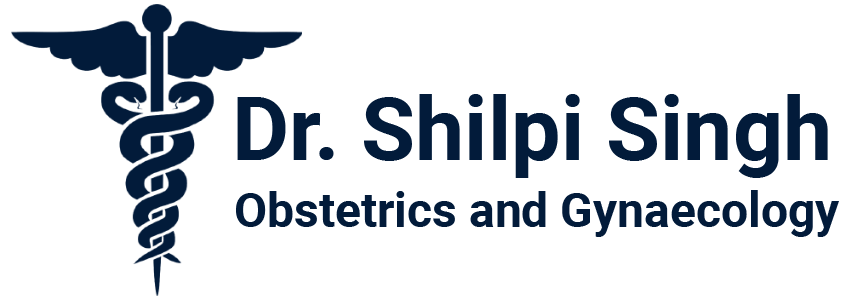Essential Pregnancy Care: Nurturing the Journey of Motherhood

Introduction
Pregnancy is a transformative and awe-inspiring journey filled with excitement and anticipation. Taking good care of yourself and your developing baby is paramount for a healthy pregnancy. In this blog, we will explore essential aspects of pregnancy care that contribute to the well-being of both the pregnant person and their precious little one.
Prenatal Visits: Ensuring Healthy Progress
Regular prenatal check-ups with a healthcare provider form the foundation of pregnancy care. These visits offer a comprehensive assessment of the pregnancy, monitoring the baby’s growth, checking vital signs, and addressing any concerns. Prenatal visits enable early detection of complications, such as gestational diabetes or high blood pressure, allowing for timely interventions. Establishing a strong rapport with your healthcare provider fosters open communication and provides a platform to discuss any questions or anxieties you may have.
Nourishing Diet: Building the Foundation
A well-balanced and nourishing diet is vital during pregnancy. Opt for whole foods rich in essential nutrients such as fruits, vegetables, lean proteins, whole grains, and dairy products. Folic acid, iron, calcium, and omega-3 fatty acids are especially important. Consult with a healthcare provider to ensure you are meeting your specific dietary requirements. Steer clear of raw or under cooked meats, unpasteurized dairy products, and fish high in mercury to minimize potential risks.
Prenatal Vitamins: Supplementing Nutritional Needs
Prenatal vitamins provide an additional boost of essential nutrients necessary for the healthy development of the baby. Folic acid aids in neural tube development, while iron supports red blood cell production. Calcium and vitamin D promote strong bones and teeth. Omega-3 fatty acids contribute to brain development. Follow your healthcare provider’s recommendations regarding prenatal vitamin supplementation to ensure you are receiving the appropriate dosage.
Exercise: Strengthening the Journey
Engaging in regular, moderate-intensity exercise during pregnancy offers numerous benefits. It helps manage weight gain, improves mood, enhances sleep quality, boosts energy levels, and strengthens the muscles needed for labor and delivery. Consult with your healthcare provider to identify suitable exercises based on your health condition and any pregnancy-specific considerations. Activities such as walking, swimming, prenatal yoga, and low-impact aerobics are often recommended.
Avoiding Harmful Substances: Safeguarding Precious Life
During pregnancy, it is essential to steer clear of substances that can harm the developing baby. Alcohol, smoking, and illicit drugs pose significant risks, including fetal alcohol syndrome, preterm birth, low birth weight, and developmental issues. Additionally, limit caffeine intake and avoid excessive consumption. Creating a healthy and nurturing environment for your baby starts with making conscious choices to protect their well-being.
Coping with Discomforts:
Pregnancy brings its fair share of discomforts, including nausea, fatigue, backache, and swollen ankles. Adopting strategies to manage these discomforts can enhance your well-being. Eat smaller, more frequent meals to alleviate nausea. Take regular breaks and prioritize rest to combat fatigue. Practice proper posture and engage in gentle stretches to ease backache. Elevate your legs and wear comfortable footwear to alleviate swelling.
Conclusion
Pregnancy care is a multifaceted approach that encompasses physical, emotional, and nutritional well-being. By prioritizing regular prenatal visits, adopting a healthy lifestyle, and seeking support when needed, you can nurture a healthy and fulfilling pregnancy experience. Remember, you are embarking on a remarkable journey of motherhood, and taking care of yourself is an act of love for both you and your baby.
